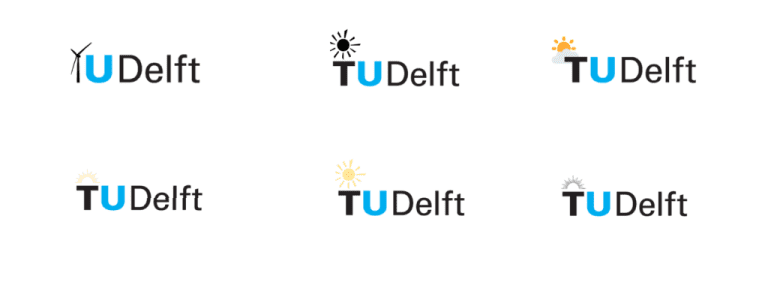Time to put out Prometheus’ flame?

(Illustration: Marjolein van der Veldt)
After five thousand years of lighting fires as the main means of generating energy, it is high time to finally switch to solar energy. This was said by prof. Miro Zeman, head of the department for sustainable electrical energy at the Faculty of Electrical Engineering, Mathematics and Computer Science (EEMCS), during his lecture on Monday evening 3 April in front of the Batavian Society (Bataafsch Genootschap’) in Rotterdam city hall.
For too long, fire has been the symbol for energy, Zeman argued. Just look at the flame above the T in the TU Delft logo. This is where the fire of energy and innovation burns. But, says Zeman, with the consequences of all that burning leading to more and more weather extremes, it is time to switch to another symbol of energy: the sun. So what will that make the TU Delft logo look like, he wondered.
Cultural historians will have their reservations. For them, the Prometheus’ flame does not represent combustion but progress. Wikipedia writes: ‘Out of love for mankind, Prometheus stole fire from the Olympic gods and gave it to mankind. He taught man to work metal with it and taught them science and art. Prometheus was presented as a teacher and inventor, who taught people mutual respect and taught them to think ahead.’ (JW)
Do you have a question or comment about this article?
j.w.wassink@tudelft.nl

Comments are closed.